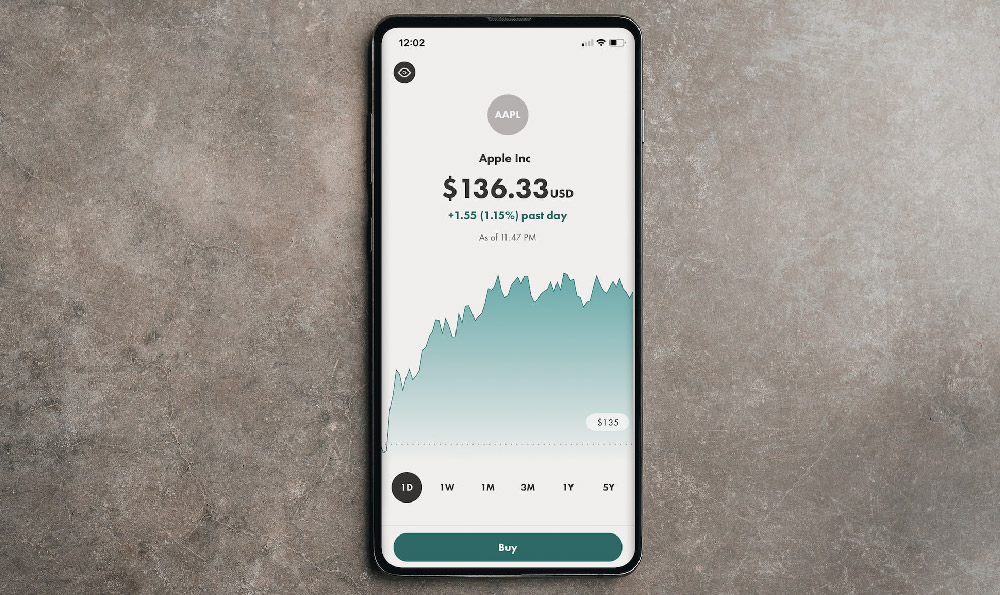Oprah Winfrey's journey to becoming a billionaire media mogul is a compelling narrative of talent, hard work, strategic business acumen, and a deep understanding of her audience. While replicating her exact path is unlikely, understanding the principles behind her success and adapting them to your own financial circumstances can provide valuable lessons for wealth creation and management.
Oprah’s initial success stems from her natural charisma and ability to connect with viewers on a deeply personal level. She started her career as a news anchor but quickly realized her true calling was in talk shows. In 1983, she moved to Chicago to host a struggling local talk show, "AM Chicago," which she transformed into the nationally syndicated "The Oprah Winfrey Show." This was the foundational step. The show's content resonated with a broad audience, particularly women, because it tackled sensitive and often taboo topics with empathy and honesty. It fostered a sense of community and trust, making Oprah a highly influential figure. This influence was paramount to her financial gains.
The key to Oprah's wealth accumulation wasn't just her salary; it was her transition from being an employee to a stakeholder. Initially, she was simply paid for her on-air talent. However, she recognized the immense value she brought to the show – not just as a host, but as the creative force behind its success. In 1986, she negotiated a deal to own a percentage of the show, which proved to be a game-changer. This ownership stake meant she shared in the profits generated by syndication, advertising, and merchandise. This move demonstrated a keen understanding of leveraging her value and negotiating for equity. It's a crucial lesson for anyone in any field: always explore opportunities to share in the success you help create.

Beyond her talk show, Oprah further diversified her income streams through various entrepreneurial ventures. She co-founded Harpo Productions, her own production company, which allowed her to control the content she created and profit from its distribution. Harpo Productions produced numerous films, television shows, and other media projects, significantly expanding Oprah's financial empire. This illustrates the importance of not relying on a single source of income. Diversification is a cornerstone of sound financial planning.
Oprah's media empire didn't stop there. She launched "O, The Oprah Magazine," which quickly became one of the most successful women's magazines in the world. This venture allowed her to extend her brand and influence into the print world, further solidifying her position as a media powerhouse. She also invested in television networks, including the Oprah Winfrey Network (OWN), demonstrating her commitment to creating content that aligns with her values and empowers her audience. These strategic investments underscore the importance of reinvesting profits to fuel further growth. Smart investing is not just about saving; it's about identifying opportunities to grow your capital.
Philanthropy has also played a significant role in shaping Oprah's legacy and indirectly contributing to her brand image. The Oprah Winfrey Charitable Foundation supports numerous causes, including education, healthcare, and poverty alleviation. While philanthropy is primarily driven by a desire to make a positive impact, it also enhances one's reputation and strengthens their connection with the public. It’s also a vital lesson in responsible wealth management.
So, how can you apply Oprah's principles to your own financial journey? It begins with recognizing your own unique talents and passions. What are you good at? What do you enjoy doing? Identifying these areas can help you find opportunities to create value and generate income. Next, focus on building your skills and expertise. Invest in your education, attend workshops, and seek out mentorship to improve your knowledge and abilities. The more valuable you are, the more you can command in the marketplace.
Once you've developed your skills, look for ways to leverage them. This might involve starting your own business, freelancing, or negotiating a better salary or ownership stake in your current job. The key is to think like an entrepreneur and identify opportunities to create value and capture a share of the profits. Remember Oprah’s move from employee to owner and strive for a similar position of control and reward.
Diversification is also crucial. Don't put all your eggs in one basket. Explore different income streams, such as investing in stocks, bonds, real estate, or other assets. A diversified portfolio can help mitigate risk and increase your chances of long-term financial success.
Finally, cultivate a mindset of continuous learning and growth. The financial landscape is constantly evolving, so it's important to stay informed about market trends and new investment opportunities. Read books, attend seminars, and consult with financial advisors to expand your knowledge and make informed decisions. And consider incorporating philanthropic efforts into your financial planning. It not only benefits others but can also provide a deeper sense of purpose and fulfillment.
While you may not become a billionaire like Oprah Winfrey, by embracing these principles of talent utilization, strategic ownership, diversification, continuous learning, and responsible wealth management, you can significantly improve your financial well-being and achieve your own financial goals. Oprah's story is an inspiring example of how hard work, vision, and a commitment to serving others can lead to extraordinary success. Use her journey as a blueprint, adapt her strategies to your own circumstances, and embark on your own path to financial freedom. The key is not to simply dream of wealth, but to actively plan for it and consistently work towards its realization.












